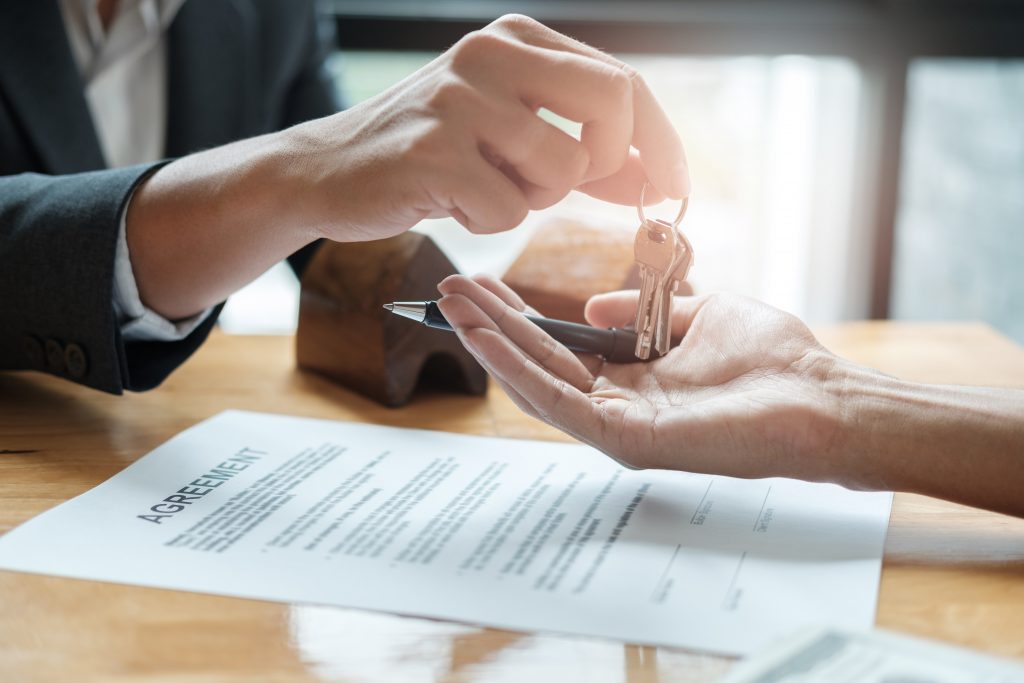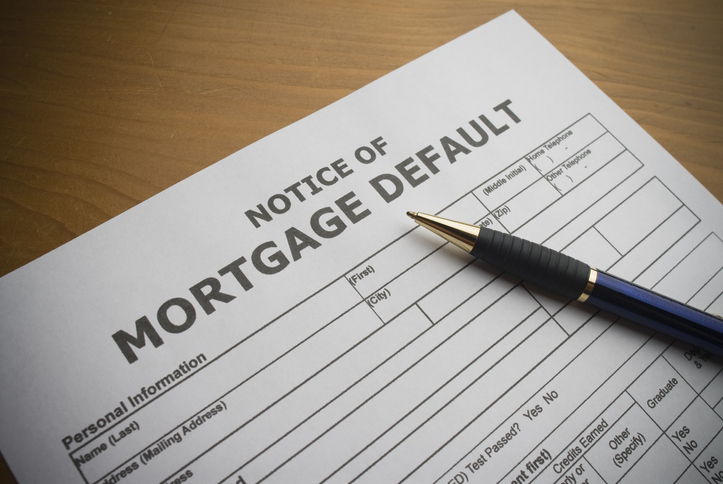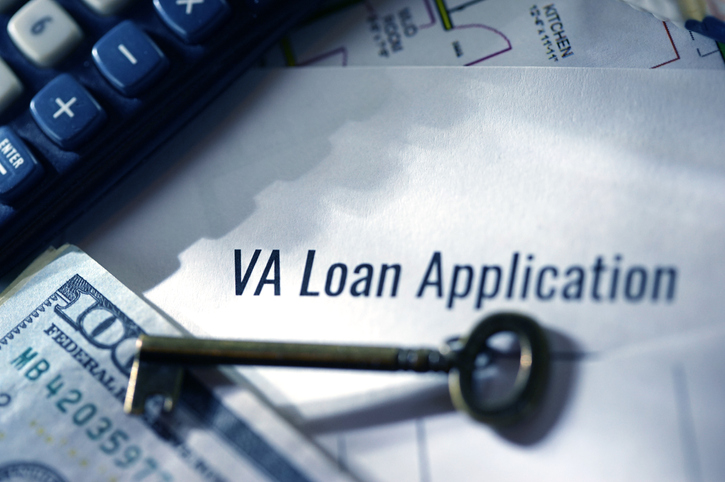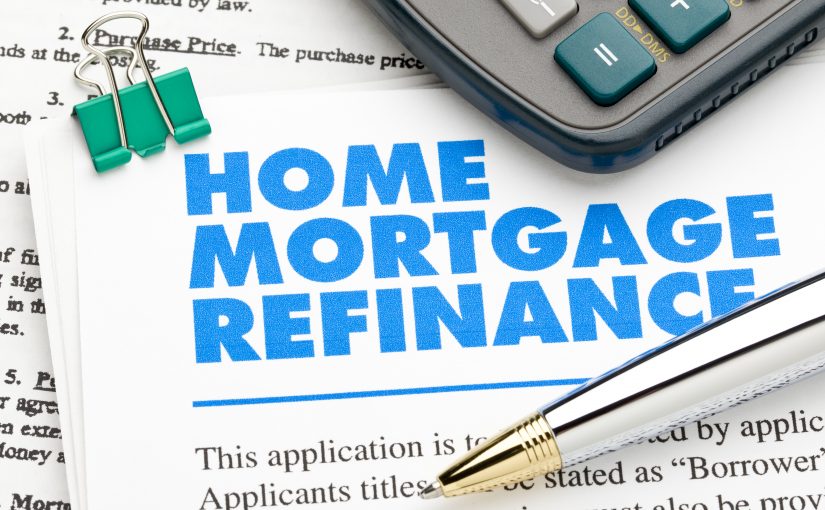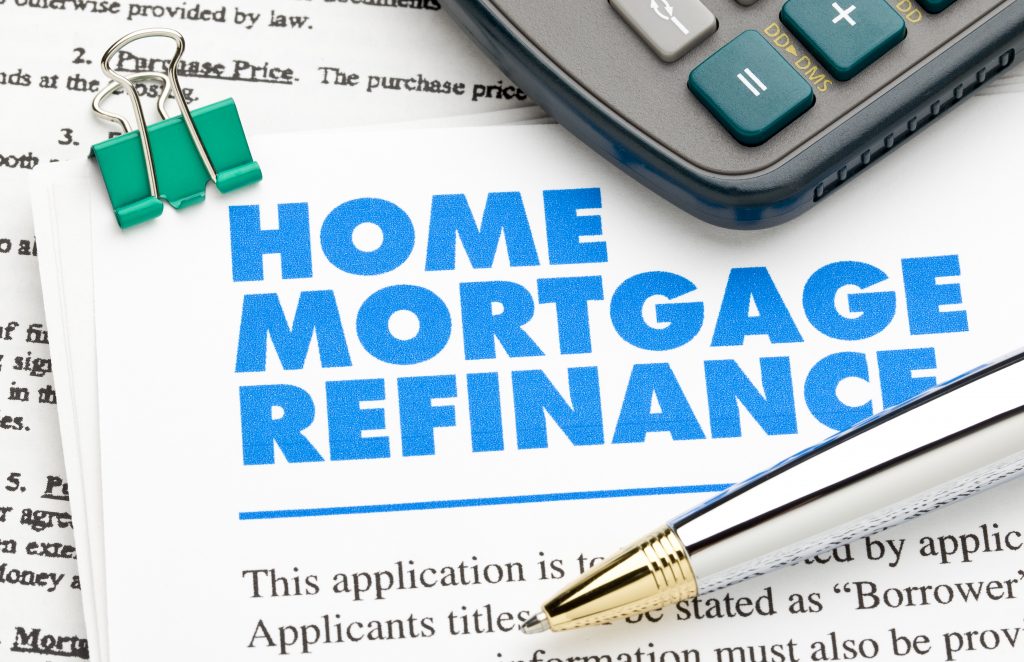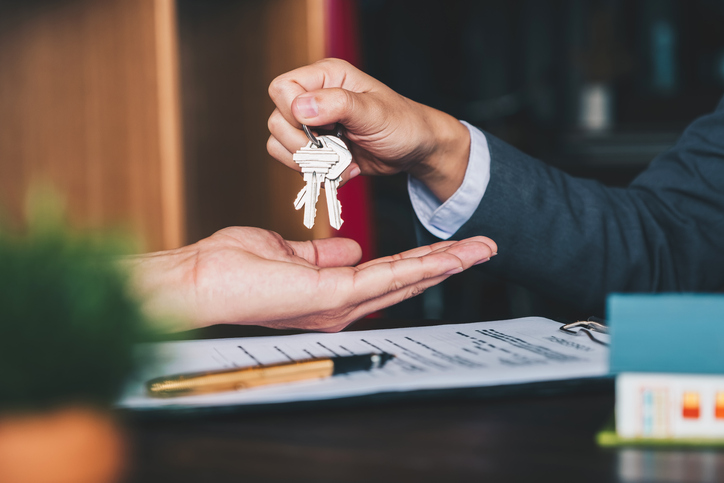
Going over your mortgage can sometimes feel like reading a foreign language. Indeed, the industry is full of acronyms and terms which may not be easy to understand the first time around. Below are some of the most common terminologies you’ll hear in relation to your mortgage.
Common Mortgage Terms
- Discount Points – Discount points are a one-time, tax-deductible fee that borrowers purchase to lower their interest on monthly payments. Paying discount points can be a smart move if you plan on keeping your home for more than four years, or so. Ask your Loan Officer to do a break-even analysis to determine if it is wise for you to pay this fee.
- Loan-to-Value (LTV) – This ratio is the amount of the mortgage loan divided by the home’s value.
- Private Mortgage Insurance (PMI) – Paying a monthly PMI payment guarantees that a lender will not lose their investment if a borrower stops making payments. PMI is typically only required when the LTV is more than 80%.
- Closing Costs – Closing costs include payments such as appraisal and survey fees, title insurance fees, recording fees, and other amounts related to closing a mortgage. All fees, except the appraisal fee, are paid at closing along with the necessary down payment.
- Conventional Loan – A conventional loan is any mortgage not guaranteed or insured by a government program. However, such loans utilize guidelines established by the quasi-governmental agencies Fannie Mae and Freddie Mac.
- Title Insurance – Title insurance protects the ownership of the property and is used when a lender uses the property as collateral for the mortgage to ensure the home is free of any liens.
- Escrow – An escrow account is maintained by lenders to collect additional money for taxes and hazard insurance on the home.
- Hazard Insurance – Hazard insurance is synonymous with homeowner’s insurance and describes all the coverages under those policies, including fire, theft and other damages.
- Annual Percentage Rate (APR) – APR is a way of calculating the cost of a loan when certain closing costs are taken into account. It was designed to simplify the process of comparing one lender’s interest rate to the next, but sadly it causes more confusion in most cases.
- Debt-to-Income Ratio – This ratio is when your monthly mortgage payments plus any other financeable debt are compared to monthly income to determine risk.
- Fixed-Rate Mortgage – This common type of mortgage has a set rate and term that does not change throughout its duration.
- VA Loan – This loan is guaranteed by the Department of Veterans Affairs, or VA.
- PITI – These are the four main elements of a mortgage payment: principal, interest, taxes and insurance, or PITI.
Turn to Butler Mortgage for Superior Service
Rely on the professionals at Butler Mortgage to help you through the closing process and navigate through all the jargon. For over 25 years, Butler Mortgage has worked with both first-time and seasoned buyers in Central Florida. Let us help you find the right loan solution for you by calling us at 407-931-3800, or filling out our free consultation form online.








